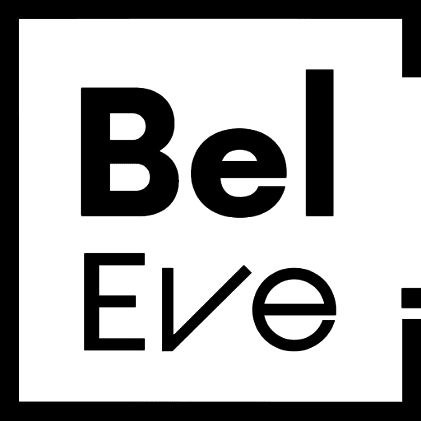Words by: Rochana Johnson-May
You don’t have to look far to see someone struggling with their mental health. The only thing is, you may not be able to tell who it is by sight alone, and the likelihood of this decreases further if that someone is a black woman.
Women experience depression twice as much as men, and yet black women are less than half as likely than white British women to seek help for their mental health issues, despite the prevalence of mental health issues being higher in the former group. This suggests that there is a barrier to seeking help, or perhaps several.
Barriers to seeking mental health support
For many black women, they will be unable to recognise that what they are experiencing is a problem that could be resolved, rather than a burden that they need to carry in silence. Here are just a handful of reasons why this might be the case:
- When you have a genealogy of ill-treatment, a recent history of injustice and a present of inequality, it is understandable that there would be some mental affect, and rather than criticism and judgement, compassion and acceptance are what are needed.
- Disregarding one’s personal experience. The line of thinking “I just need to keep going”; “I should be grateful for my life and not complain” or “it could be worse”. This prevents an improvement on mental health, or to can lead to further decline.
- What makes mental health even more of a complex issue for black women is the resistance to accepting these issues as very real, and prevalent. Not only that, but not seeing mental health as something that, once addressed, has the ability to become a source of true strength.
Being a strong black woman is not something to endlessly strive to be; if you are a black woman, you are strong. What comes after the “strong black woman” is the “empowered black woman”, who takes care of herself mind, body and soul, knowing that to be there for herself wholeheartedly is the true meaning of self-respect.
By taking a moment to reframe what mental health means for us gives us the opportunity to shift us onto a different path, in the direction of a life with excellent mental health.
Resources:
BAATN– Network offering a database of therapists of colour who can relate within a framework of race and other socially marginalising realities
The Maya Centre – Women’s organisation offering holistic support including counselling, art therapy and psychoeducation


0 Comments